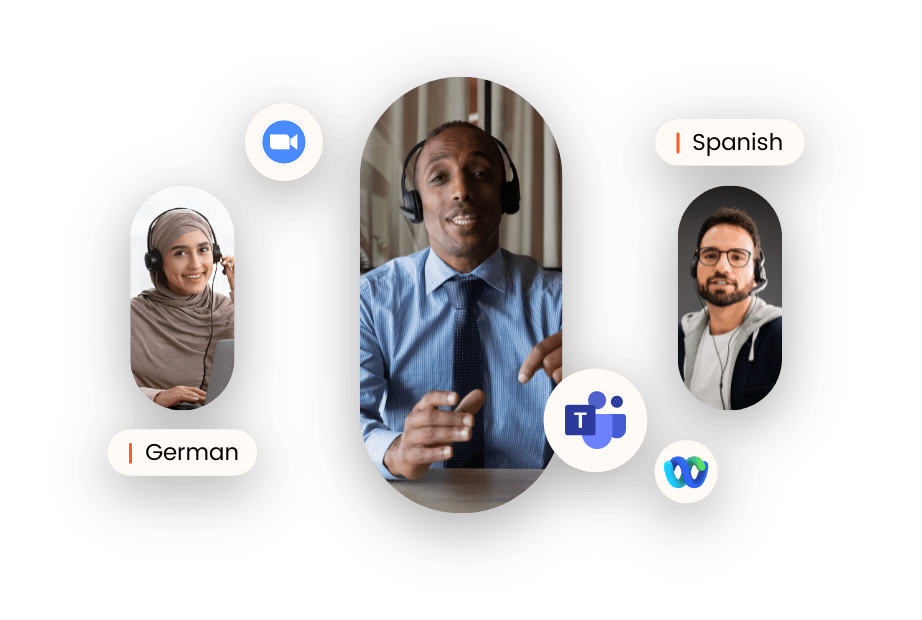REAL-TIME TRANSLATION TECHNOLOGY: BRIDGING LANGUAGE GAPS ON THE SPOT
- María Palomares Tarí

- 27 nov 2024
- 2 Min. de lectura
In our fast-paced, interconnected world, the demand for real-time translation is skyrocketing. From international business meetings to travel and customer support, instant translation tools are helping people communicate seamlessly across languages. But how effective is real-time translation technology, and when should businesses consider it versus traditional translation services?
The Rise of Real-Time Translation
Real-time translation tools like Google Translate’s Conversation Mode, Microsoft Translator, and the latest generation of smart earbuds are taking language support to new levels. By providing instant translations, these tools make it possible for people who speak different languages to hold live conversations without a human translator. For international travelers, businesses with multilingual customer bases, and remote teams, real-time translation offers a valuable solution to bridge communication gaps on the spot.
Where Real-Time Translation Shines
Real-time translation technology is particularly helpful in scenarios where quick, basic understanding is essential, such as:
• Virtual Meetings: Many virtual meeting platforms now offer integrated real-time translation for global teams, making it easier for employees from different countries to collaborate.
• Travel and Tourism: Tourists benefit from real-time translation apps and devices that help them navigate unfamiliar places and interact with locals.
• Customer Support: Companies are using real-time translation in chatbots and customer support interactions to assist international clients, offering quicker service and reducing language barriers.
Challenges and Limitations
While real-time translation technology has made impressive strides, it’s not without its limitations. Real-time tools often struggle with context, idioms, and culturally sensitive language. This can lead to misunderstandings in nuanced conversations or situations where accuracy and tone are critical, such as legal or healthcare settings. Additionally, real-time translation tools may not always recognize industry-specific terminology or specialized vocabulary, which is essential for fields like finance, law, and medicine.
Where Professional Translators Excel
For content that requires accuracy, context, and cultural sensitivity, professional human translators are still the gold standard. At YOKO, we recognize that while real-time technology is a valuable tool for certain situations, professional translation services remain essential for high-stakes communications, branding, and content that require a deep understanding of cultural nuance. We recommend combining real-time tools for immediate needs with professional translation services to ensure quality and authenticity when it matters most.









Comentarios